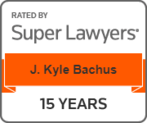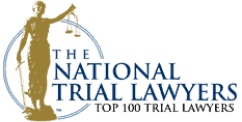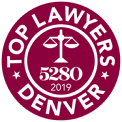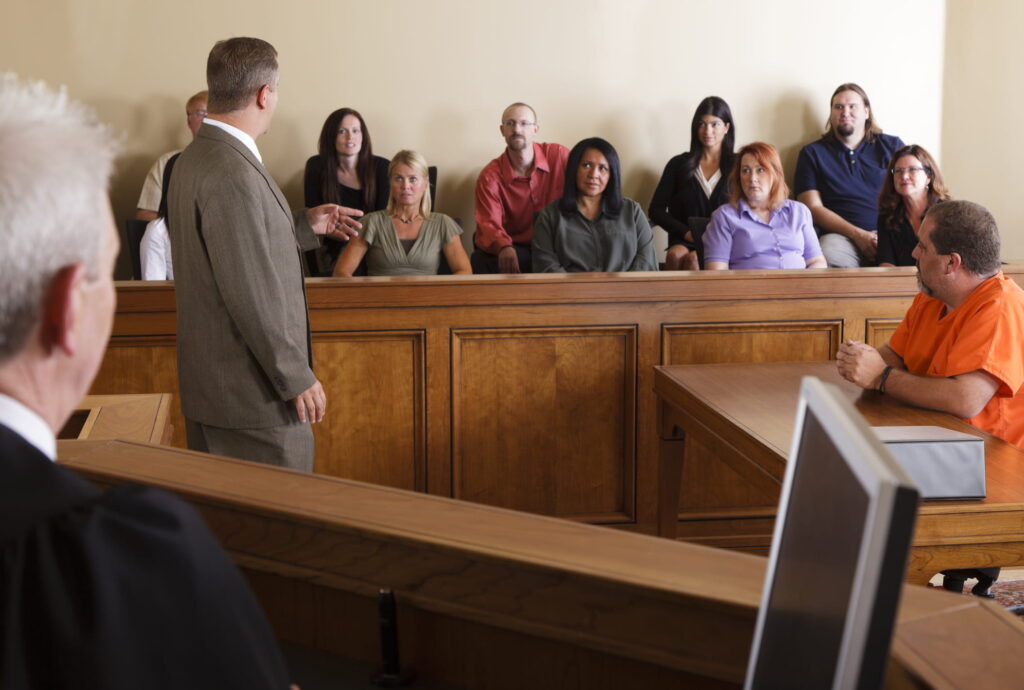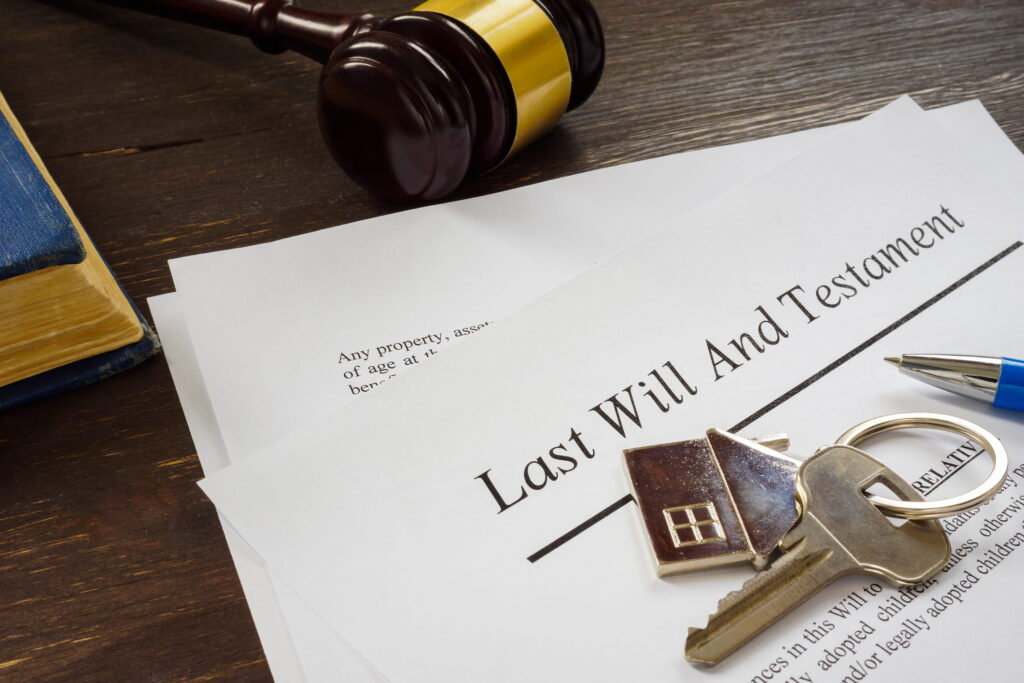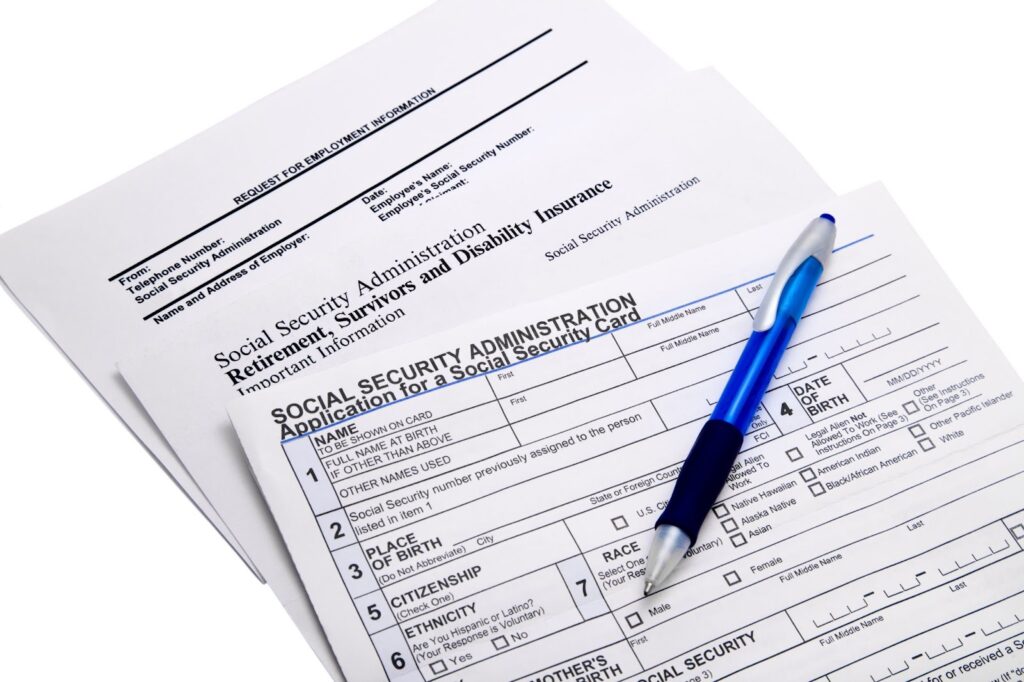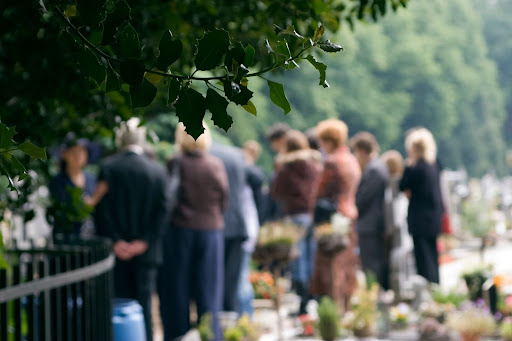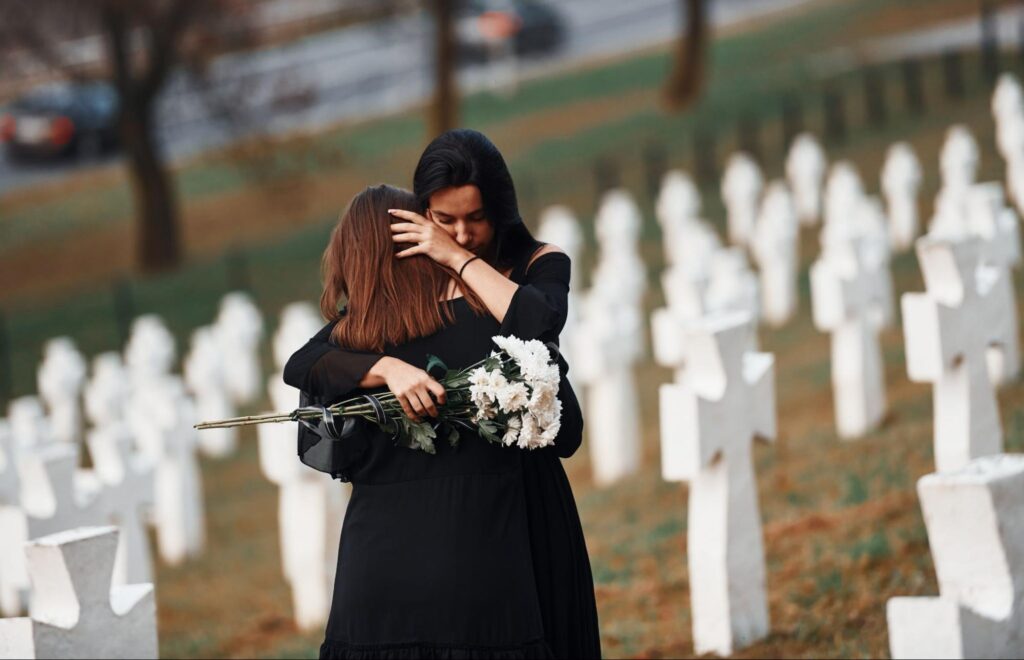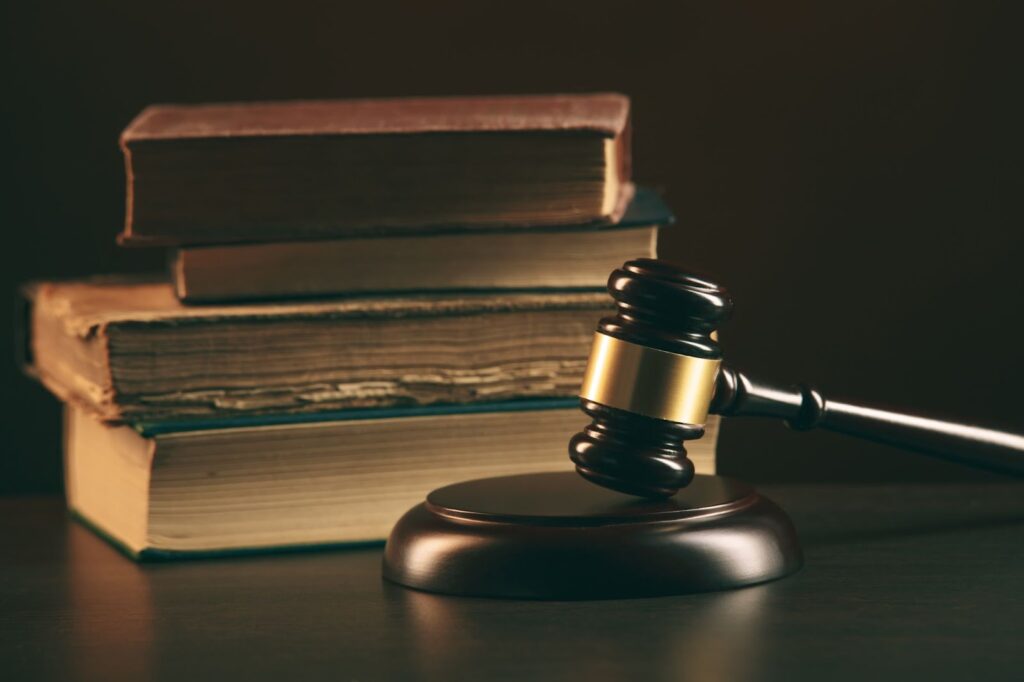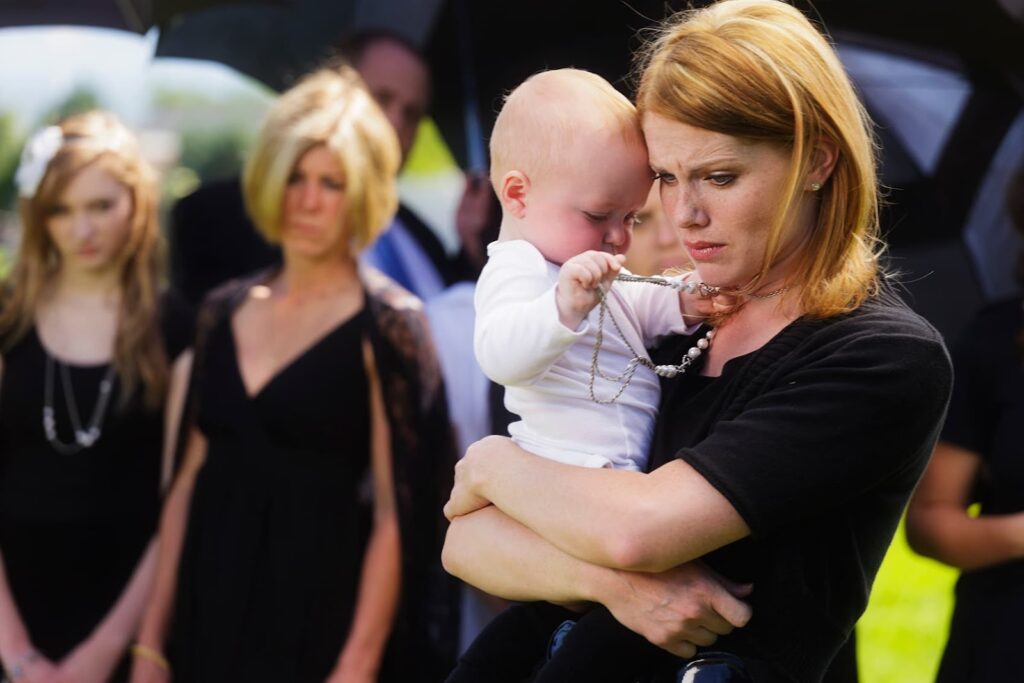Denver Wrongful Death Lawyers
Wrongful deaths are life-changing events involving a person’s death. Losing a loved one this way is often traumatic. It’s natural for surviving family members to suffer from shock because wrongful deaths are almost always unexpected.
After a wrongful death, surviving family members cope with grief and trauma. They also often face practical challenges, such as planning a funeral and dealing with bills for unexpected expenses. At Bachus & Schanker, we understand the aftermath of wrongful death can be overwhelming. Contact our Denver wrongful death lawyers. We’ll draw from our experience and legal knowledge, allowing you to grieve. At the same time, we’ll handle your wrongful death claim.
Bachus & Schanker Wins – Over $1 Billion Recovered
- How Does Colorado Law Define "Wrongful Death"?
- Most Common Types of Wrongful Death
- Proving Negligence in a Wrongful Death Case
- Who Can File a Wrongful Death Claim?
- How Long Can a Wrongful Death Claim Take?
- How Long Do I Have to File a Wrongful Death Claim in Denver?
- Damages That May be Available in Wrongful Death Lawsuits
- What is a Survival Action?
- Why You Need an Attorney to File a Wrongful Death Case in Denver
- Related Wrongful Death Resources
- You Deserve Fair Compensation
How Does Colorado Law Define “Wrongful Death”?
Each state establishes laws that govern an individual or company’s conduct and determines the consequences if a party fails to uphold the law. Some laws refer to criminal actions, while other laws address civil disputes. Wrongful death cases fall within the scope of civil law.
In criminal cases, a district or state’s attorney files charges and prepares a case against the accused. Since wrongful death lawsuits are civil matters, an individual must decide to file a wrongful death claim.
Unlike district and state attorneys, most individuals have limited legal knowledge. They may not understand what qualifies as a wrongful death. Under Colorado state law, wrongful deaths must meet the legal standards that would have allowed the decedent to hire a personal injury lawyer and pursue a personal injury claim if they’d survived.
Proving wrongful death involves establishing the party responsible for the person’s death is guilty of one or more of the following:
- The party committed a wrongful act
- The decedent died due to the negligent actions of the accused party
- The party did not fulfill an obligation
Wrongful Acts
Wrongful acts include any deliberate action that results in harm to another. Wrongful acts include criminal actions, such as murder and assault. Street racing is another example of a wrongful act. The parties engaged in street racing make deliberate choices to defy traffic laws while putting themselves and others at risk of harm.
Wrongful acts also include inactions. Suppose a safety inspector tells an employer they have 30 days to install new handrails on their staircases. Three months later, an employee grabs the railing for support, and the railing breaks. The employee falls and sustains severe injuries that lead to their death. The employer’s inaction is grounds for claiming they’re guilty of a wrongful act.
Negligent Actions
While deaths from wrongful acts may or may not be criminal, deaths from negligence are usually accidental. Negligence occurs when a party doesn’t act in a manner that demonstrates a duty of care for others.
Suppose a person has an old tree on their property. This person has spent decades gardening and caring for their trees. The tree is diseased, and there are visible signs of decay. Although the property owner walks by this tree several times weekly, they haven’t had an arborist evaluate it or hire a tree removal company to take it down. The disease causes a branch to fall off the tree, and the branch strikes a neighboring home, killing an occupant. In that scenario, it can be argued that the property owner failed to demonstrate reasonable care toward others.
Default Actions
Default actions have to do with commitments and duties. With default actions, one party has not honored its commitment.
Suppose you get a new job that requires you to move hundreds of miles from your current residence. You look at a house for rent and notice a diseased tree on the property. The tree’s proximity to the house raises safety concerns. You ask the landlord if they’ll have the tree removed. The landlord agrees, and you enter into a rental contract that includes the landlord’s commitment to care for the grounds and remove diseased trees.
When you move in, you notice the diseased tree is still there. You move in because you do not have another place to stay. A branch falls off the diseased tree and kills a family member. It can be argued that the landlord’s failure to fulfill their contractual obligations caused the person’s death. Therefore, you have grounds for a wrongful death claim against your landlord.
Most Common Types of Wrongful Death
Several types of accidents cause wrongful deaths. There are also several common causes of wrongful deaths, including the following:
- Aviation accidents: An example would be the death of a passenger or other party in a plane crash
- Boating accidents: Boating accidents are incidents involving boats on waterways
- Chemical spills: Suppose a train derailed near a person’s home and spilled chemicals. The person was exposed to those chemicals and died. That is an example of wrongful death from chemical spills.
- Child care abuse and neglect: Individuals responsible for minors 18 and under must take appropriate actions to ensure their safety. Acting in a way that compromises their safety or failing to take actions to ensure their safety, such as putting child-proof locks on cabinets containing chemicals or medications, are examples of child care abuse and neglect.
- Criminal acts: Criminal acts include assault and murder
- Electrocution: Exposure to electrical currents causes shock and can kill or severely harm a person
- Medical malpractice: Medical malpractice involves the standard of care given to a patient. When a medical professional or facility dismisses a patient’s symptoms, fails to order standard tests for conditions that could cause them, or gives the patient the wrong treatment, the medical professional or facility is guilty of medical malpractice.
- Nursing home abuse and neglect: Individuals employed by nursing homes are tasked with ensuring the well-being of residents. Nursing home abuse and neglect occur when staff acts in a way that jeopardizes the residents’ well-being or fails to take appropriate actions.
- Premises liability: A party’s failure to maintain a safe environment is grounds for a premises liability case if a person is injured or killed due to the property owner’s negligence.
- Slip and fall accidents: Slip and fall injuries injure millions yearly. Many of these injuries require medical treatment. Slip and fall accidents affecting persons 65 and older claim approximately 32,000 lives annually.
- Work-related accidents: Work-related accidents cause severe injuries and deaths. In addition to 2.6 million reported workplace injuries and illnesses affecting employees in the U.S. in 2021, workplace incidents caused almost 5,200 deaths.
Road Traffic Accidents
In 2022, preliminary estimates indicate more than 42,000 people died from road traffic accidents in the United States. Of that number, 745 road traffic deaths occurred in Colorado. Denver was the Colorado county with the third-highest number of traffic fatalities that year. Any traffic fatality can result in a wrongful death lawsuit.
Road traffic accidents are traffic accidents occurring on or near roadways. There are several types of road traffic accidents, including the following:
- Bicycle accidents: Accidents involving bicyclists are among the most severe accidents on U.S. roadways. Bicyclists don’t have the same protections car drivers and passengers enjoy, increasing their chances of severe injuries or death.
- Bus accidents: School and passenger buses have unique liability concerns because they typically involve an employed driver operating a motor vehicle for a company or organization.
- Car accidents: Car accidents refer to accidents involving passenger vehicles, including cars, trucks, sport utility vehicles, and vans.
- Motorcycle accidents: In 2020, motorcyclists were the fourth-highest group of road traffic accident fatalities in the U.S.
- Pedestrian accidents: Pedestrian accidents include accidents involving motor vehicles and pedestrians.
- Truck accidents: Truck accidents refer to motor vehicle accidents involving large commercial vehicles, such as construction vehicles or garbage trucks.
Proving Negligence in a Wrongful Death Case
Proving negligence is essential when pursuing a wrongful death case in Colorado. You must establish the actions a reasonable person would have taken if they were in the same situation and show how the defendant’s actions differed to prove negligence.
Determining how a reasonable person would act is subjective. Wrongful death laws require plaintiffs to demonstrate how an average person would have conducted themselves. Suppose a survey indicates that most homeowners would treat icy sidewalks in front of their homes. If a person slipped on that ice, suffered a traumatic brain injury, and died, the decedent’s family members could use the survey to prove one of the elements of their wrongful death claim.
Plaintiffs must also establish that the defendant’s actions or inactions caused the person’s death.
Who Can File a Wrongful Death Claim?
Colorado’s wrongful death laws identify the parties who can file wrongful death lawsuits. The law restricts these suits to surviving family members; however, not all family members may qualify to file a suit, and some may have to wait before filing.
Surviving spouses may file a lawsuit immediately. The decedent’s children may only file a lawsuit immediately if the decedent had no husband or wife or if their spouse gave them consent. Otherwise, their children must wait for 12 months before filing their suit.
A wrongful death victim’s parents may file a suit if the decedent was unmarried and they were named as the decedent’s beneficiary. Parents may also file a suit if the victim is an unmarried minor.
Other family members, including siblings, may qualify to take legal action if the decedent had no spouse or heirs and named the relative as their beneficiary.
If the decedent was single, had no heirs, and named a beneficiary who was not a relative, the beneficiary could initiate a wrongful death claim. These are the only circumstances that allow non-family members to file wrongful death suits.
How Long Can a Wrongful Death Claim Take?
The time required to resolve your wrongful death claim depends on multiple factors. While most cases are resolved within 12 to 48 months, cases involving multiple defendants could take longer. Your wrongful death attorney can explain why it may take longer to receive a settlement or judgment in your case and any options you have to resolve the case quickly.
How Long Do I Have to File a Wrongful Death Claim in Denver?
Eligible parties must file their wrongful death lawsuits before their state’s statute of limitations expires. Plaintiffs must usually file wrongful death cases within 24 months of the decedent’s death. If vehicular homicide caused the decedent’s death, the decedent’s family members or beneficiary have 48 months to initiate a lawsuit.
Damages That May be Available in Wrongful Death Lawsuits
Wrongful death lawsuits allow you to seek compensation from the at-fault party. Plaintiffs can seek the following damages from the defendants:
- Economic damages: Economic damages are literal costs associated with wrongful death. Plaintiffs can establish these costs with receipts, pay stubs, and other documentation.
- Non-economic damages: Non-economic damages don’t come with a bill or statement that proves their cost. Compensation for these damages covers the emotional impact of the death.
- Punitive damages: Punitive damages apply to cases involving gross negligence. Courts award punitive damages to punish the defendants for their negligence.
Calculating economic damages
Calculating economic damages is straightforward. The plaintiff gathers bills, statements, pay stubs, and other documents to establish the cost of the following:
- Burial expenses: The plaintiffs can request compensation for burial and funeral costs
- Lost wages: Suppose your spouse dies a wrongful death. You can seek compensation for the wages they would have earned if they’d lived.
- Medical bills: If the decedent received medical care before passing, the plaintiffs may have medical expenses related to the person’s death. The plaintiffs can request compensation from the defendant for those bills.
- Related expenses: Suppose the decedent was the primary caregiver for their minor children. Their spouse could request compensation for the costs of child care. Plaintiffs can also ask for compensation for transportation, house cleaning, and any other costs incurred due to the victim’s passing.
Calculating Non-Economic Damages
Determining the amount of non-economic damages to seek is trickier than calculating economic damages. Your Denver wrongful death attorney can help you determine how much to seek. Non-economic damages include compensation for the following:
- Grief: Grief can impact a person’s life in unpredictable ways. Some individuals may need time off work and therapy. While those costs are calculable, it’s harder to determine how much money adequately compensates for how your grief affects your quality of life.
- Loss of consortium: Individuals enjoy personal benefits from their relationships. A spouse’s loss of consortium claim could include compensation for losing their partner. Any relative could ask for compensation for the loss of affection and support the decedent provided. Loss of consortium also encompasses the loss of care, companionship, protection, and love.
- Pain and suffering: The plaintiff can seek compensation for the emotional toll they’ve endured from the decedent’s passing. It can include physical and emotional pain.
You should discuss non-economic damages with an experienced attorney because you might not comprehend the potential damages owed by the defendant.
What is a Survival Action?
Survival action is an alternative to a wrongful death claim. A legal representative can file a survival action, which means this type of case isn’t limited to a family member or beneficiary. In these situations, the case proceeds as though the decedent had lived. The damages sought are similar, but courts can appoint a legal representative to pursue survival action if the decedent didn’t have a will naming a representative or granting someone power of attorney over their estate.
Why You Need an Attorney to File a Wrongful Death Case in Denver

When you have legal matters to address, turn to experienced attorneys specializing in the appropriate law field. Your lawyer draws on their knowledge of court rulings and relevant cases to build your case.
One of the things that set Bachus & Schanker apart is our personal experience with wrongful deaths. One of our attorneys has gone through the pain of losing an immediate family member in a wrongful death suit. This experience ensures every person dealing with a wrongful death receives support from legal professionals who understand what they’re dealing with. Our firm also employs a Victim’s Advocates group of former legal and law enforcement professionals who help victims navigate the legal process.
Denver’s best wrongful death lawyers are standing by to give you the personal and professional support you need. Contact us today to talk about your wrongful death claim.
Sources:
Census of Fatal Occupational Injuries Summary, 2021. (2022).
Cornell Law. (2023).
Duignan, B. (2023). What is the Difference Between Criminal Law and Civil Law?
Employer-Reported Workplace Injuries and Illnesses, 2021. (2022).
Facts About Falls. (2023).
Keep on Your Feet – Preventing Older Adult Falls. (2023).
Negligence. (2023).
Number of road traffic fatalities in the United States by person type in 2020. (2023).
Number of road traffic fatalities in the United States from 2012 to 2022. (2023).
745 Lives Lost on Colorado Roads in 2022. (2023).
Related Wrongful Death Resources
You Deserve Fair Compensation
Don’t let the insurance companies intimidate you into accepting less than you deserve. We’re ready to fight for you.
